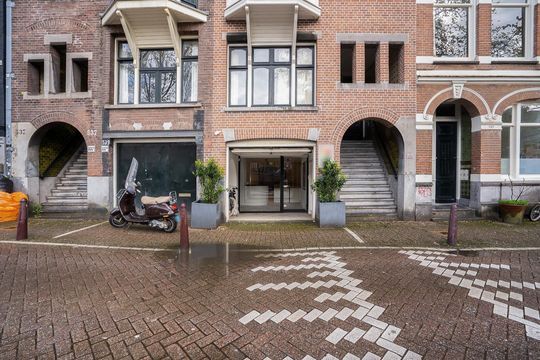19-7-2021 —
As of July 1, 2021, the self-living obligation for new construction in Amsterdam is in effect. If it is up to the Amsterdam city council, this self-residence obligation will also apply to existing homes bought after January 1, 2022! The Dutch Senate recently adopted an amendment to the law that makes this possible. In addition to Amsterdam, several other cities have already announced compulsory self-residence for existing homes in anticipation of the law change.
Compulsory self-residence
The aim of the compulsory self-residence / buy-out protection is to ensure that in desirable areas houses cannot simply be bought up to rent out. In this way they want to ensure that, in neighbourhoods where there is a scarcity of cheap,- and medium priced houses or where the quality of life is under pressure by buying up houses for rent, more owner-occupied houses remain available for people who want to live in the houses themselves.
Exceptions
In three exceptional cases, a municipality must, despite the introduction of the self-residence obligation, still grant a permit for renting out. This applies to homes:
-that are rented out to relatives;
-that are part of a store, office or business premises;
-that are rented out temporarily. The temporary rental is subject to the condition that the owner has personally occupied the property for at least one year.
The self-residence obligation applies for the time being for 4 years and for certain areas. The municipality must make it clear that there is a scarcity of cheap - and medium priced houses in those neighbourhoods.
Prohibition on renting without a permit
If the Amsterdam city council decides to introduce a self-residence obligation for a certain neighbourhood, this can take the form of a prohibition on renting out the house without a licence. In doing so, the municipality must substantiate that the measure is a)necessary, b)appropriate and c)proportional. Also, categories of homes in the areas, to which the self-residence obligation applies, must be designated. These must be cheap, - and medium priced housing.
In case of resale the obligation to live in one's own house remains applicable. If the house, bought under the self-residence obligation, has been rented out with a permit, the self-residence obligation continues to apply after resale. The new owner may only rent out the property when he / she obtains a permit.






